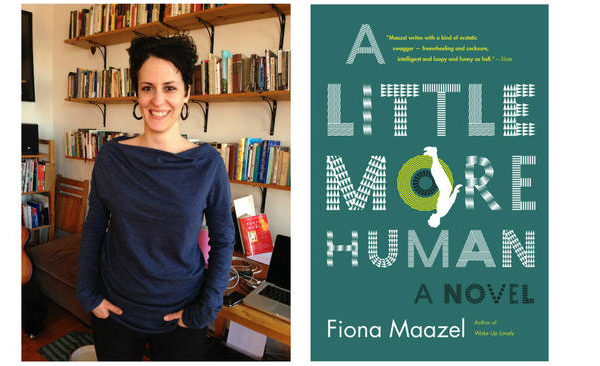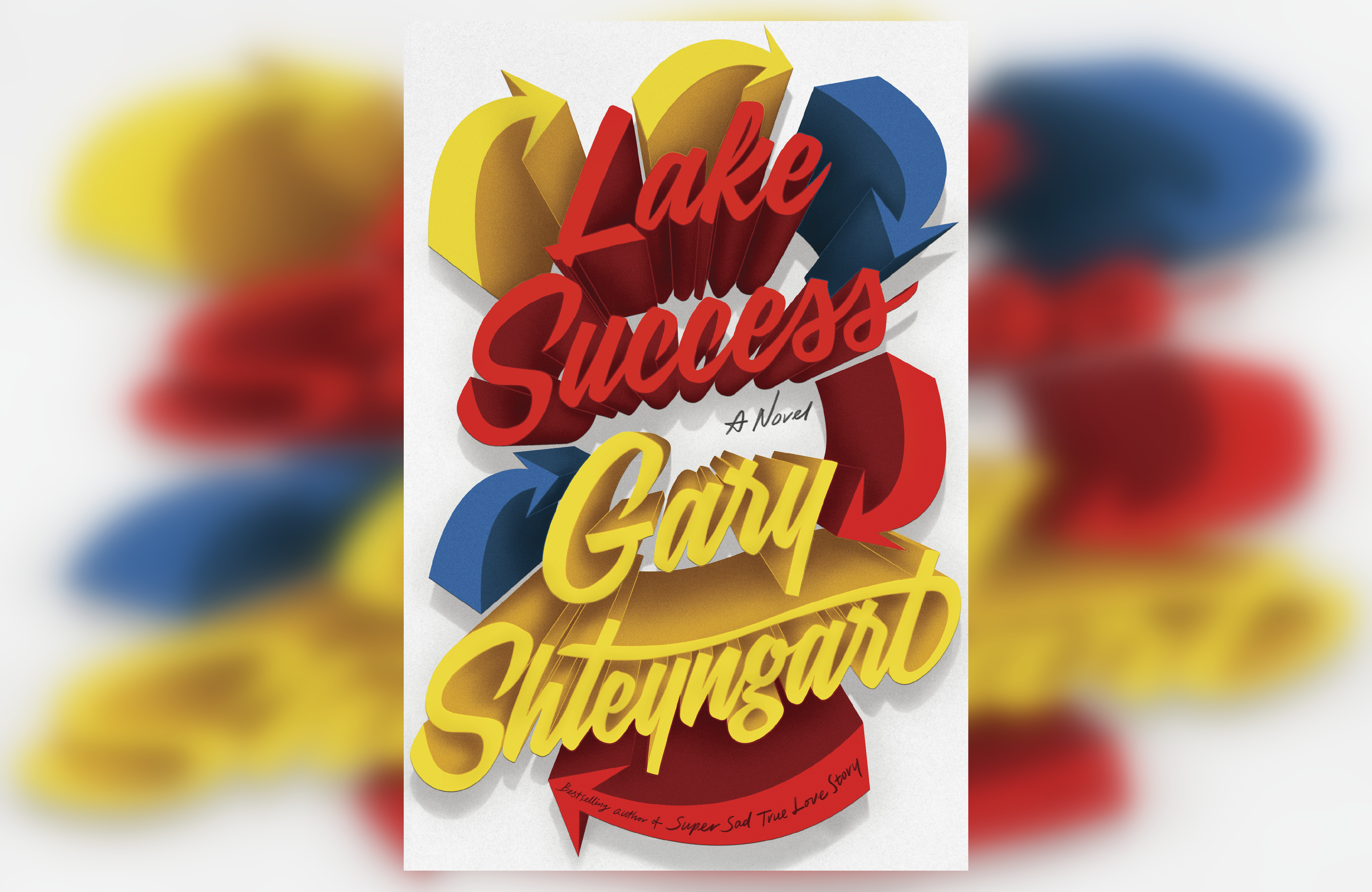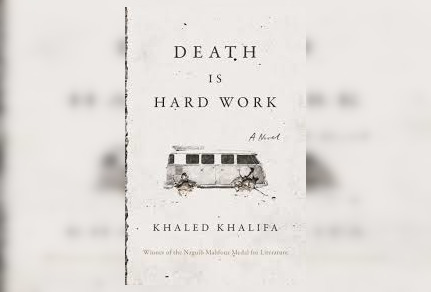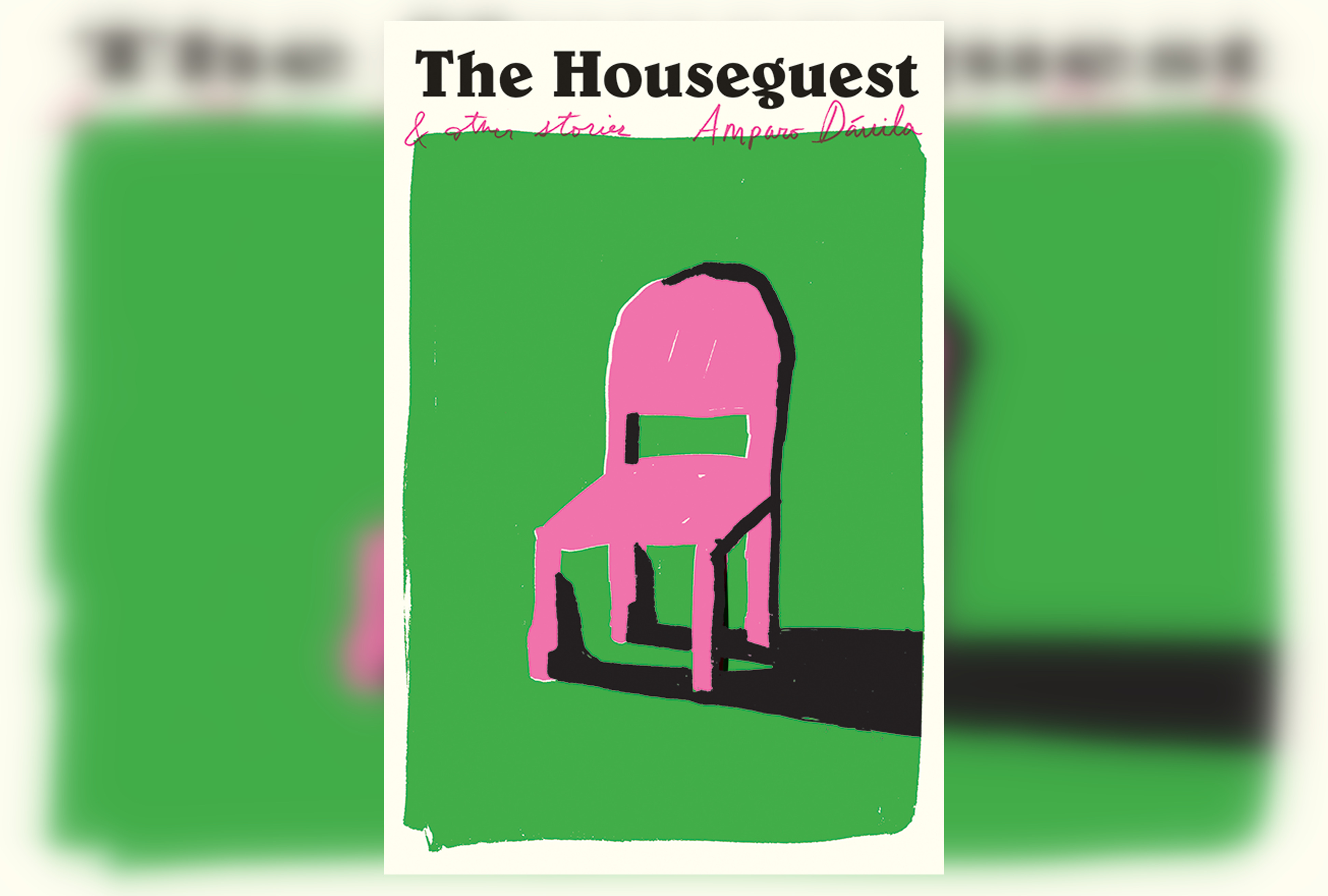Near the conclusion of Fiona Maazel’s present-day tragicomedy, A Little More Human (Graywolf, April 2017), our hero Phil Synder returns to a toy store where he used to work weekends. Phil, an almost middle-aged Staten Islander, is going through a rough patch, mostly involving a drug conspiracy associated with his fulltime position in biotech. This life upheaval leads to a reassessment of his old side hustle, or as Maazel puts it: “What had happened to the fun and reprieve of this place? Opportunities for escapism were abundant here, though they wouldn’t help now. He’d spent the past six months escaped from the anxiety of his life, and look what good it had done him.” Escapism, like anxiety, is only helpful in small controlled doses; but Phil, like many American liberals now floundering under a supposedly implausible regime change, learns this way too late—well after falling into an inevitable downward spiral, the result of both inaction and evasion.
A brief overview of how far Phil has slipped down the rabbit hole: his wife has gotten herself pregnant with another man’s banked sperm, but Phil avoids her and any discussion; his father hoards artifacts related to his deceased spouse and obviously suffers from dementia, but Phil avoids him and any discussion; and Phil’s biotech job entails wrangling patients (victims?) undergoing experimental, often horrifying, surgical procedures, but Phil avoids this and…no surprises here.
Although, in fact, he does have a shocker up his sleeve. His rewarding toy store job? Dressing up as a mindreading superhero named Brainstorm and playacting psychic powers for the kids. But in Phil’s case, this ain’t acting; the dude can actually read minds—a secret talent that serves him quite well until a drunken blackout ends in blackmail: pictures show Phil attacking a woman, but he can’t remember a damn thing. From here on out, there’s no more room for avoidance behaviors.
Throw in a dead body washed up in the Staten Island boat graveyard (minus teeth and fingertips, plus police investigation and corrupt coverup), a get-rich-quick scheme, a divorced female sex addict, a trip to a Danish medical facility for a coerced brain operation, a woman whose drug-dependent new heart sometimes gives her the strength and stamina of Twin Peaks’ Nadine Hurley, and lines of dialogue like “Yes, only that was fiction, and this is science,” and we get a postmodern plot with high escapist possibilities. David Foster Wallace railed against the potential cynicism of postmodernism—claiming that authors like Bret Easton Ellis and Mark Leyner caused harm by detailing society’s faults without offering any future hope. But the true damage is done by purposeless irony, in which meaningless lack of resonance attempts to be artful. Better to anxiously admit society’s faults without a quick fix in mind than to revel in distracting avoidance.
For example, consider the over-stylized farce filmmaking of Wes Anderson. Sans the genuine “Needle in the Hay” scene in The Royal Tenenbaums, his work is essentially witty banter in fake settings, devoid of real-world difficulty. A popular subreddit details “Accidental Wes Anderson” environments in real life; curiously enough, some of the most mimetic entries come from North Korea. Anderson’s symmetrical worlds might serve as comforting escapist fantasies on film, but this kind of perfection in actuality can come with dark consequences.
In the more naïve hands of an emotional amateur such as Anderson, a book like A Little More Human could have devolved into a meaningless comic romp, where underdeveloped characters spend their time hunting down silly big clues and recording their discoveries in silly tiny notebooks. Luckily this is not the case with Maazel, who has crafted a tale so simultaneously funny and sad, both outrageous and understated, that it perfectly describes the actual plight of fallible human existence. In other words, the ending of this novel—a beautiful comment on memory and love and regret—left me satisfied and literally sitting at my kitchen table in tears.
If anything, some of Maazel’s moves even reminded me, impressively, of Thomas Pynchon. In Gravity’s Rainbow, Tyrone Slothrop disguises himself as Rocketman, but then comes across a critical image of himself dressed as Rocketman on the cover of Life magazine; in A Little More Human, Phil Snyder dresses as the superhero Brainstorm to conceal his real superpowers, which are of course eventually exposed. A similar cyclical paranoiac hilarity/horror runs through both books—the humor behind misguided attempts to hide that only reveal more, the horror that our masks always lead to an unmasking. Ditto regarding Maazel’s Pynchon-esque nested jokes involving tenuous storyline links: for example, when a character can’t believe her family was able to sell their papasan (“Who would want to buy that?”), we find out exactly who 30 pages later, when Phil’s wife sinks “into a papasan chair she’d bought at a yard sale last week.” But, despite all this praise, I kept having to put A Little More Human down—why?
The current literary market is rife with escapist products. Harry Potter enthusiast adults are so desperately clinging to YA that the publishing industry—which rarely does anything innovative—coined the term “New Adult” to compensate for their 18-30 audience. Specifically, St. Martin’s Press invented the genre in 2009, and while “New Adult” was initially accused of being a marketing scheme, the genre proved successful: traditional publishing houses are now offering substantial (mostly digital) deals to formerly self-published millennials who write books about millennial sex.
Celebrity authors, politicians, comedians, etc., receive advances in the millions for their novels or success memoirs, which are then eaten up by desperate people, hoping to uncover the secret to success—how to become wealthy enough to sell their own stories. Of course, this is the result of the publishing industry’s focus on money over mastery; the business of books, like every other capitalist enterprise, is driven by what will pay, or by variations on what has paid previously. Everything is pitched on easy pasts—an agent says a novel is the next Fifty Shades of Grey, an editor claims an author is the new Gillian Flynn, promotional material from a publishing house describes books as familiar copies, more churn out from the MFA machine—so as to avoid discomfort.
But to discomfort—to make uncomfortable, in the sense of defamiliarization—is the goal of most good art. But Michelle, you’re thinking, the world’s pretty bad right now; can you honestly blame people for wanting their entertainment easy and distracting? Absolutely, I can. Relaxing art that has its hands more in profit than progress diminishes the craft. If you just want to feel good, I’d suggest scotch and/or pornography.
Or at least that’s what I thought I believed: Maazel’s novel made a liar out of me.
Besides the madcap plot pacing, Maazel mainly moves her story along through incessant character self-reflection and questioning, often to a maddening extent. To provide a taste of this technique, here’s Phil, attempting to read his own mind while looking in a mirror, out of context:
How much of him was colonized by the vengeful, angry part? Was he half-half now, like Two-Way? Fated to be rent in all things? Because, even in this moment, abandoned and alone and understanding for the first time in a long time that he still loved his wife, didn’t he also hate her more than anything? And hadn’t his desire for Effie returned the instant she recanted his innocence? And, even as he had always belittled Perfectus—his augmented human nemesis—didn’t he also resent Brainstorm’s own stupidly human limitations? He closed his eyes, and it was with some excitement that he rolled out his blackboard—why hadn’t he done this sooner?–and when everything was in place, he said, Okay, what am I thinking? What do I want? What have I done? And when nothing happened, he ventured afield of his comfort zone and said, What are you thinking? […] Had he always hated himself and not even known it until an alternative brand of self-regard presented itself? What had happened in his life to make him hate himself?
If at this point you’re not either thinking Jesus, get a grip Phil or reign it in, Maazel—or you’re not itching to take a break and scroll through your Facebook feed—then you’re a far more patient reader than yours truly. But why do these passages bother me so much? Is it the “show don’t tell” axiom? But don’t I generally believe rules are meant to be learned and then broken for purposeful effect? Is the character just too self-aware? Or is this due to my admitted preference for first-person narrators, and my thought that this technique would be even more unsustainable and insufferable in that POV—almost like an unbearable version of Thomas Bernhard’s Woodcutters? Good Lord, I’m starting to sound like…Phil. Sometimes, as readers, what irks us about prose is also what irks us about our parents: we’re just too similar, ourselves becoming irritatingly identifiable in another form. And sometimes, as writers, we shy away from this uncomfortable territory, when we should be actively seeking it out.
In A Little More Human, Fiona Maazel has built a plot that advances by anxiety, a book with anti-escapism at its core, where constant worry and tension are the norm. And as a GAD (generalized anxiety disorder) sufferer, I often found this distressing. My mind moves too similarly to Maazel’s prose, to Phil’s postulating, which can make even small interactions unbearable: Am I standing too close to this person in line? Is the waiter upset that I accidentally touched her hand when I offered my card? Am I talking too much or not enough at this work-related social gathering? What is this weird bump on my leg—mosquito bite, allergic reaction, skin cancer—are people seeing this? Why do I always procrastinate before sending an email? Is anyone even going to read this? Why do I seem to sweat more than any other human imaginable? Do I smell? Do I smell to other people? I should probably just stay home.
Instead of letting me escape into the comfort of someone else’s thought process, Maazel’s novel reflected my own constant self-questioning to an increased magnitude, which was—you guessed it—discomforting, uncomfortable, defamiliarizing. But while anxiety is a difficult disorder necessitating treatment, the kind of questioning in Maazel’s book can be incredibly valuable in other contexts, which is why her work is important art. Great art. Necessary art, even, during a time in America when ignoring actual large problems through evasion has led to gross and irresponsible political failures. We, like Phil, can no longer afford to disregard the truly tough questions, but here’s a simple one: Is Fiona Maazel’s A Little More Human worth reading? Yes.
Michelle Hogmire grew up in West Virginia and has a BA in English/Creative Writing from Marshall University and an MFA in Fiction from Columbia University. Her work has been published or is forthcoming in BOMB, Guernica, KGB Bar Lit Mag, and Et Cetera. She currently lives and writes in New York City.




